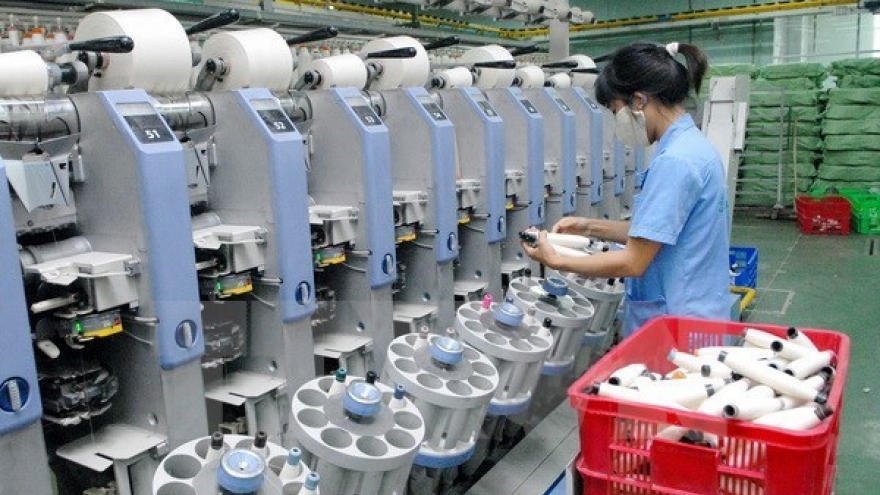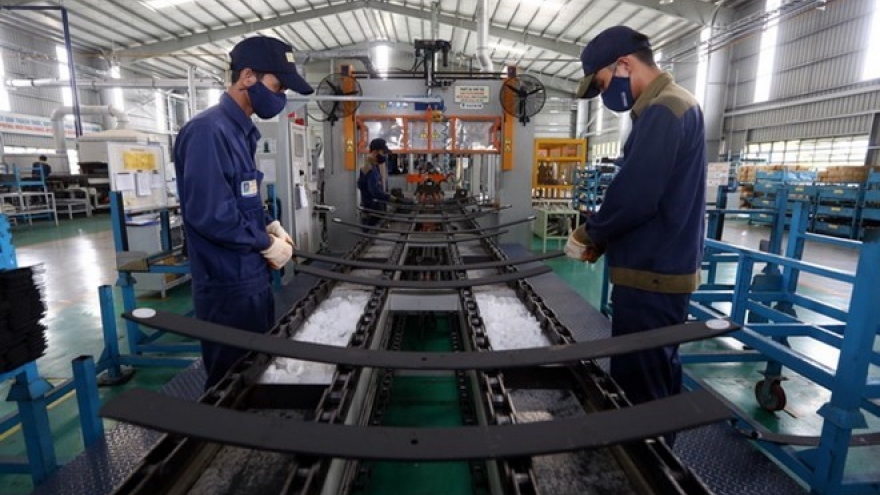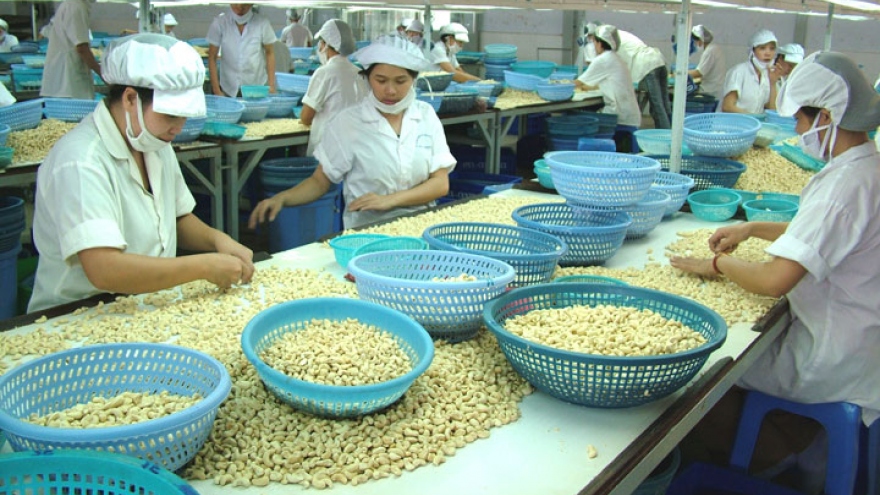Programme launched to help domestic suppliers meet int’l standards
A new programme was launched in Hanoi on May 24 to help Vietnamese firms become suppliers of multinational corporations and as well as expand operations and improve added values of existing suppliers.
 |
| Illustrative image |
The project was launched by the Ministry of Industry and Trade’s Industrial Department and the International Finance Corporation – a member of the World Bank.
Speaking at the event, Deputy Minister of Industry and Trade Do Thang Hai said the move is the first step to improve competitiveness of domestic firms.
In the next two years, the programme will partner with eight multinational corporations in the fields of automobiles, electronics, energy and consumer goods, including Bosch, Canon, Datalogic, Denso, Ford, General Electric, Panasonic and Toyota. As many as 45 domestic enterprises, as recommended by multinational corporations and trade associations, have been chosen to join the programme.
Director of Panasonic Vietnam’s Strategy Plan Yamamoto Masahiro said the programme will help boost long-term business cooperation with promising partners and improve domestic supply.
Ho Viet Tam, Director of the Export Mechanical Tool Jsc, said domestic support industry enterprises would gain opportunities to connect with and join the global value chain, thereby improving their competitiveness.
Via close consultation with multinational corporations, the programme will also evaluate business opportunities and competitiveness of participating suppliers.
If successful, similar schemes will be spread in other sectors with different multinational corporations, creating more opportunities for other firms.



